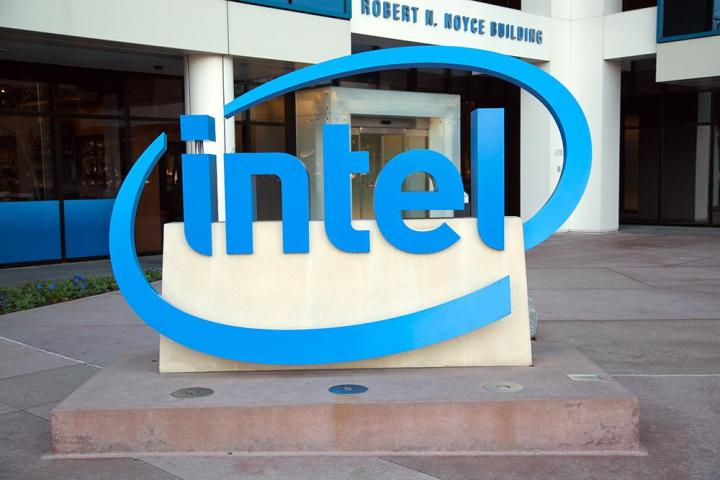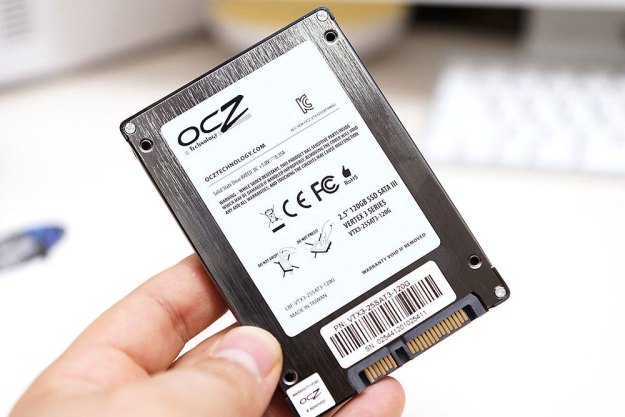
Intel just unveiled a few updates to its high-end solid state drive products for data centers, workstations, and storage arrays. The new SSD lineup consists of the DC P3320, DC 3520, DC D3700, and the DC D3600.
The 3D NAND flash chips incorporated in the hardware come from Micron. 3D NAND chips, which are stacked on top of one another rather instead of standing side-by-side, provide excellent data density and better speeds than traditional flash memory.
The SSD DC P3320, Intel says, is noticeably faster than what you could expect from a SATA SSD, with a random read speed of 365,000 IOPS and a random write speed of 22,000 IOPS. That’s five times the write speed and 1.4 times the read speed of the company’s previous SSD DC S3510 effort. The sequential read speed, on the other hand, is up to 1,600mbps with a write speed of 1,400mbps. That’s 3.2 and 3.1 times faster, respectively, than the S3510.
While pricing for the SSD DC P3320 has yet to be uncovered, it’s slated to ship in the first half of 2016.
Moreover, the SSD D3700 and D3600 each use two PCI-Express slots, comparable to dual-port SAS (serial-attached SCSI) ports, to bump up performance. These SSDs boast random read speeds of up to 470K IOPS, a figure that is 3.9 times faster than the similarly spec’d dual-SAS drives, with random write speeds of 95,000 IOPS. The sequential read speed on the drives is 2,100Mbps, 1.8 times faster than dual-SAS, and sequential writes hit 1,500Mbps, a whole two times faster than SAS.
Unfortunately, all of the SSDs named here max out at 2TB of storage space — that pales in comparison to Samsung’s 15.36TB PM1633a drive, which also takes advantage of 3D NAND chips.
For more compact, lightweight laptops, Intel has also unveiled its SSD 540 drives, featuring up to 1TB capacity in both 2.5-inch and m.2 variants. Pricing and release date information has yet to be disclosed.
Editors' Recommendations
- Samsung’s 2nd-generation SmartSSD can process data right on the drive
- World’s first 200TB SSD is nearly here, but you can’t use it
- Micron’s new tiny 2TB SSD is bad news for laptop HDDs
- Claiming to be the world’s fastest, this SSD just raised over $1.2 million
- A new supply shortage is now hitting SSDs and hard drives


